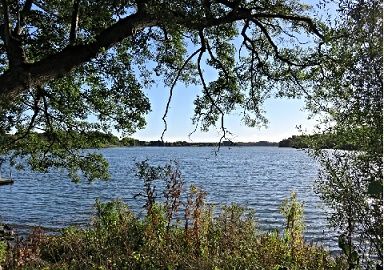According to an analysis carried out by the national statistics keeper Danmarks Statistik, 74 percent of the forests, meadows, heaths, lakes, rivers, streams and marshes in Denmark are owned privately. On top of that, the state owns 20 percent and the municipalities 6 percent.
The analysis has only been concerned with recreative nature, so farmland was not counted.
Over half of what came under the category of recreative nature is comprised of forest and woodland. Perhaps unsurprisingly, in Copenhagen and its environs the most common form of nature comprises parks and other recrative areas.















